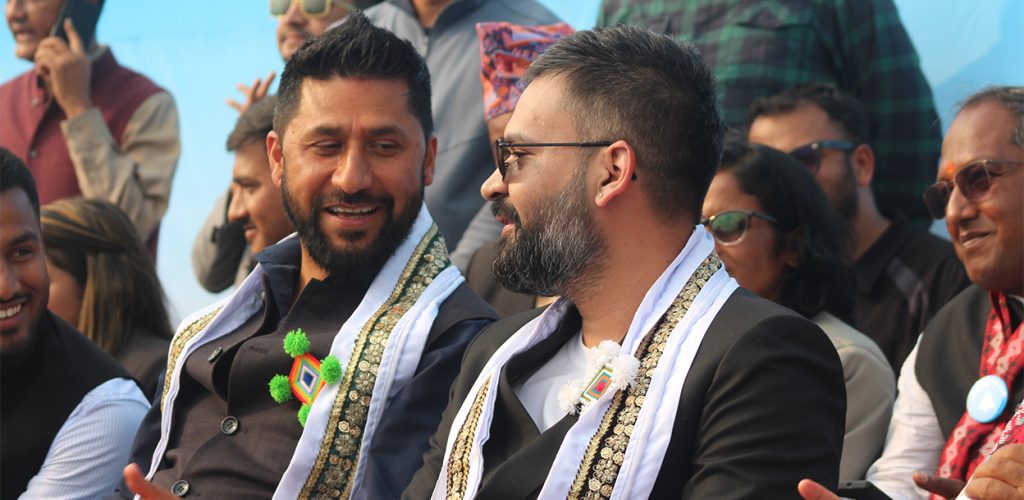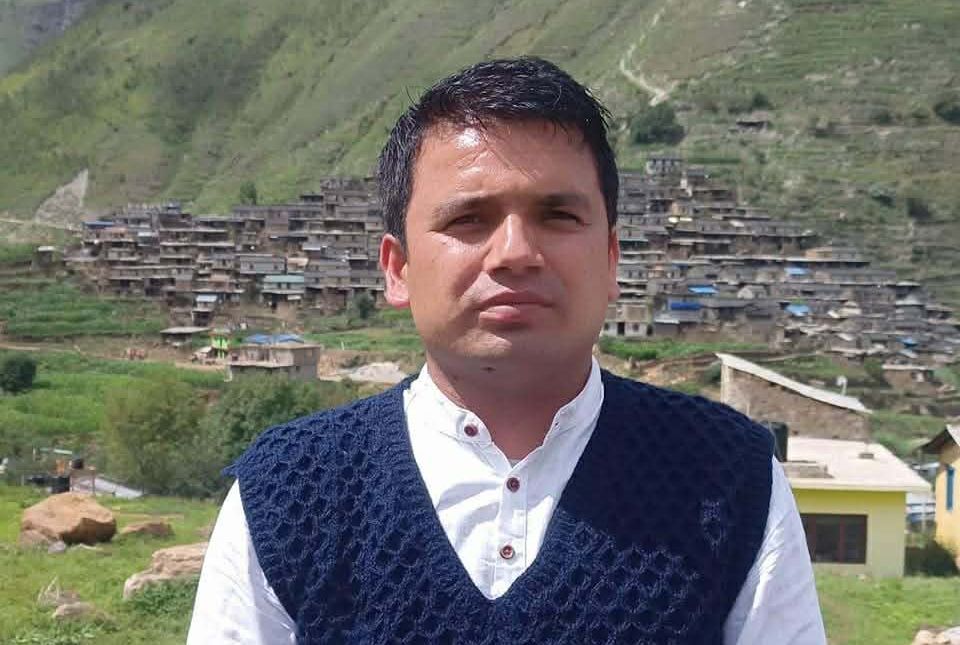
File
Nepal’s teachers have once again taken to the streets in protest, continuing a longstanding struggle with the government over unmet promises. Although successive governments have signed agreements with teachers’ unions over the years—including in 2018, 2021, and 2023—implementation has consistently fallen short.
This year, as early as March 31, teachers from across the country began protests in Kathmandu, demanding the execution of previously agreed-upon terms. Their grievances are not new, and most stem from prior commitments that remain unfulfilled.
Here’s a detailed look at the 10 key demands made by teachers, many of which had already been included in government agreements.
1. Permanent status for temporary teachers
Teachers appointed under relief quotas, former higher secondary schemes, learning grants, technical streams, and special education are demanding permanent status without age restrictions. The government had agreed in 2023 to make all temporary teachers permanent, but the current Education Bill only proposes that 50 per cent be made permanent through internal exams—teachers want this raised to 100 per cent.
Discussions in Parliament’s Education, Health, and Information Technology subcommittee have stalled progress, with concerns about blocking opportunities for new teachers.
2. School staff management
Teachers are demanding staff quotas based on school levels, with positions like clerks and officers made permanent through the Teachers’ Service Commission. Though an agreement was reached last year, the demand for proper retirement benefits for current and retiring staff remains unmet.
3. Early childhood development (ECD)
Teachers want ECD integrated within school structures and wages increased for ECD facilitators. The bill is reportedly being revised to include ECD under formal school systems with a two-year program, but salary concerns are still pending.
4. Promotion system reform
The teachers’ federation demands promotions every 10 years based on academic qualifications and licenses, allowing movement between teaching levels. The government agreed last year but has yet to act on it.
5. Conflict-affected teachers
Teachers who suffered during the conflict or served long terms in union roles are seeking recognition of their interrupted service for gratuity and pension benefits. Though agreed upon in 2023, no action has followed.
6. Equal pay for institutional school teachers
Private school teachers are demanding pay parity with community school teachers and access to social security benefits. While the government agreed to issue appointment letters and bring them under the social security umbrella, implementation remains incomplete.
7. Separate quotas for headteachers
Teachers want a distinct quota for headteachers, filled through competitive exams among those with five years of experience. They also seek the establishment of a Teaching Council and a clear structure for disciplinary action at district, provincial, and federal levels.
The proposed bill, however, eliminates District Education Offices—an issue teachers strongly oppose, arguing for a local education unit under the federal system.
8. Transfer and placement reforms
Teachers want local governments to create clear criteria for intra-municipality transfers, and provincial offices to handle inter-district transfers. The government had agreed to allow transfers with the consent of school management committees. They also support raising the age limit for entry into teaching to 40.
Additionally, teachers want school property to be protected from non-educational use and demand that parent-led management committees have majority representation.
9. Teacher hierarchy and structure
Teachers demand the establishment of a formal hierarchy. In 2023, the government agreed to create such a system but has failed to implement it. They also want specific subject-wise teacher quotas at all levels of school education, excluding headteachers.
10. Trade union rights
The current Education Bill recognises only the teachers’ federation, excluding other politically affiliated organisations. Teachers are demanding their right to form trade unions, and they want these rights enshrined in the law.
Missed opportunities and political fallout
The draft bill is under clause-wise discussion in the House Education Committee, but teachers argue that their core demands have been ignored.
Last year, the government also agreed to address issues such as treatment expenses, remote area allowances, inflation allowances, grade promotions, and career adjustments. The federation has also demanded study leaves and financial support for higher education and research—promises that could have been fulfilled through Cabinet decisions, not just legislation.
Former Education Minister Bidya Bhattarai had prepared a seven-point proposal, including raising ECD teachers’ salaries to Rs 17,300, revising social security schemes, and offering discounts on healthcare. However, the Finance Ministry declined to allocate the estimated Rs 7–8 billion budget needed, forcing her resignation.
“A commitment from the Finance Minister and the Prime Minister would have settled the issue,” said a senior Education Ministry official. “But the lack of financial backing stalled the process, pushing teachers back into protest.”
As it stands, the movement underscores a deeper crisis of trust between the government and the education community—one where signed agreements remain paper promises.





















